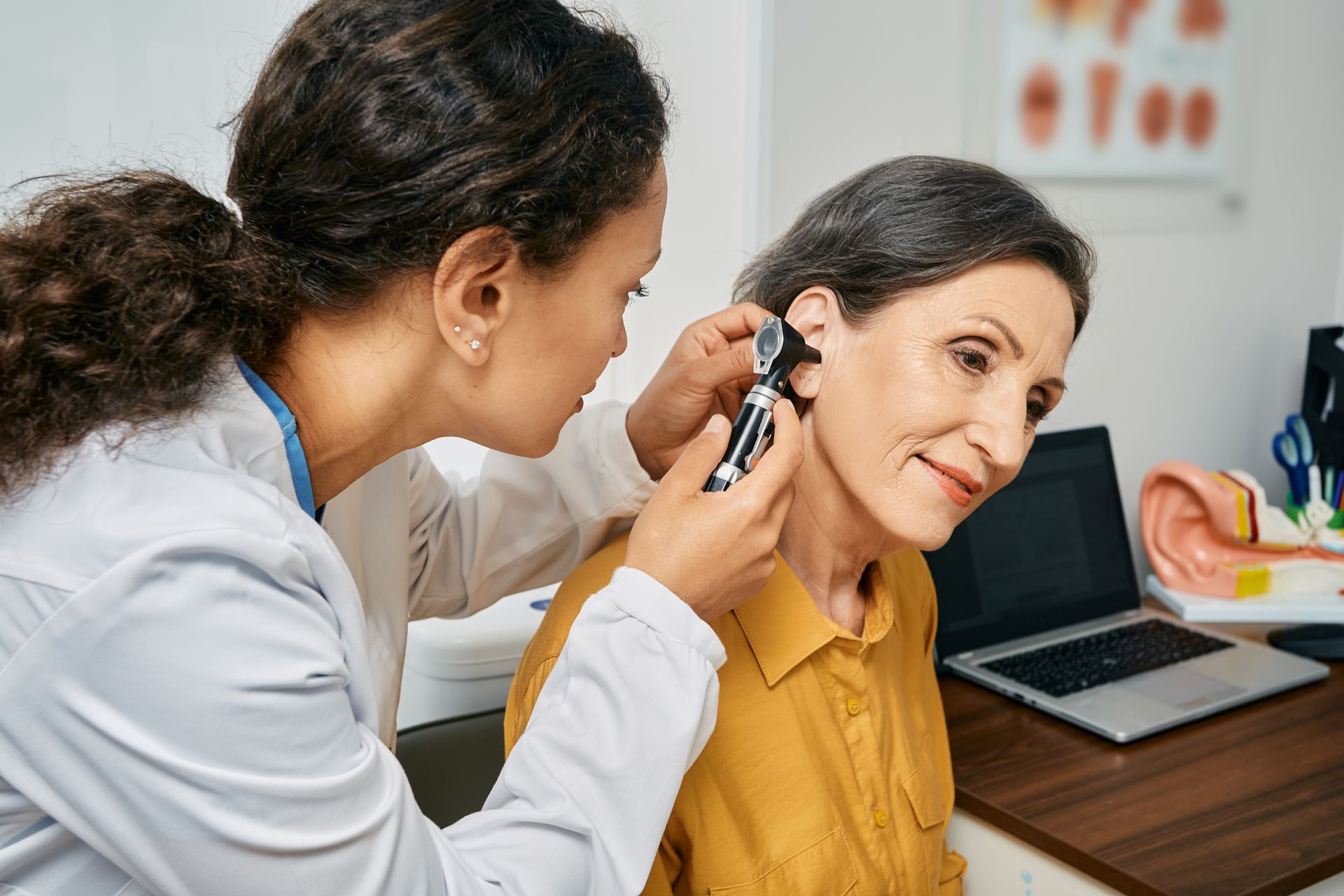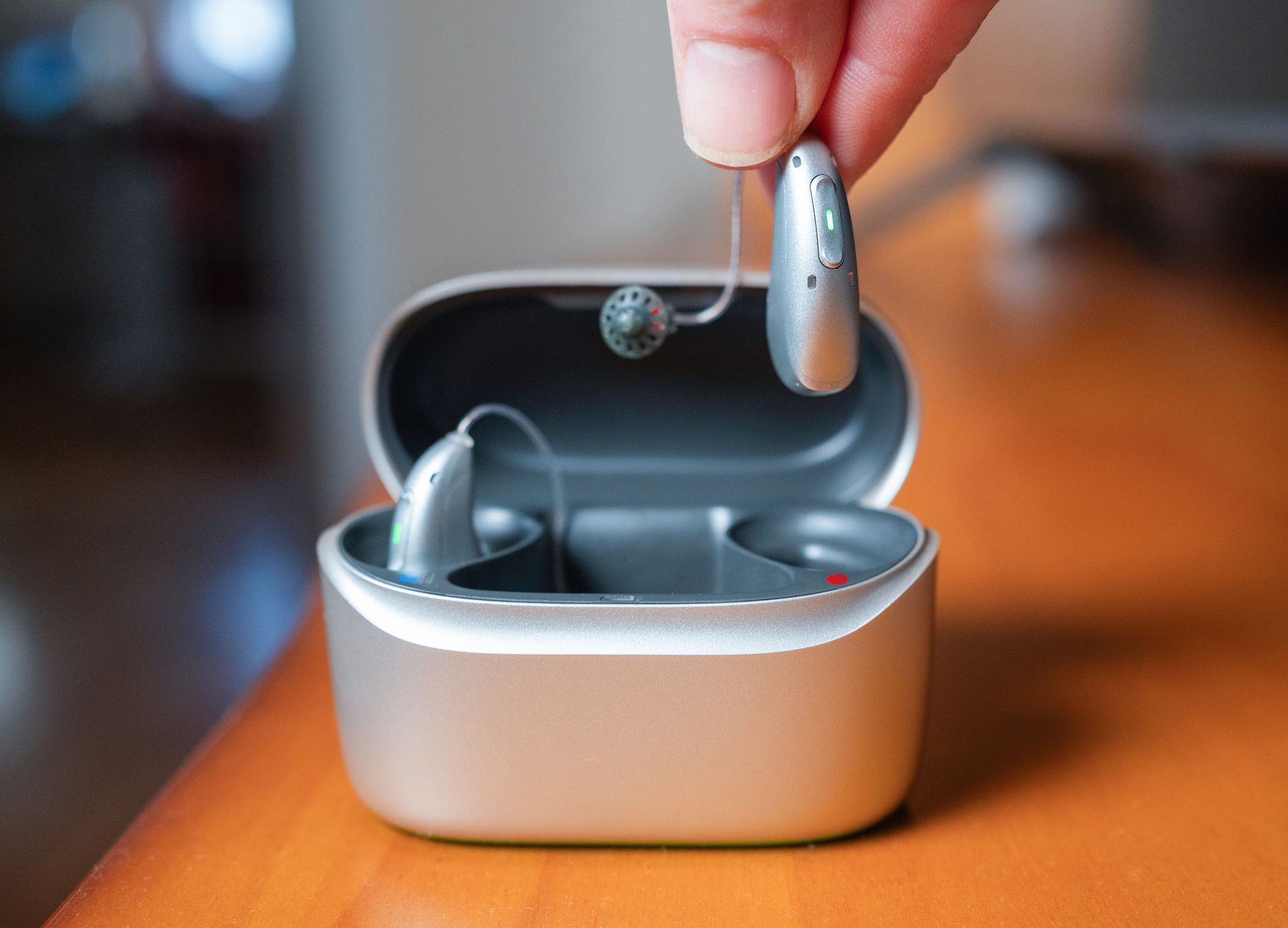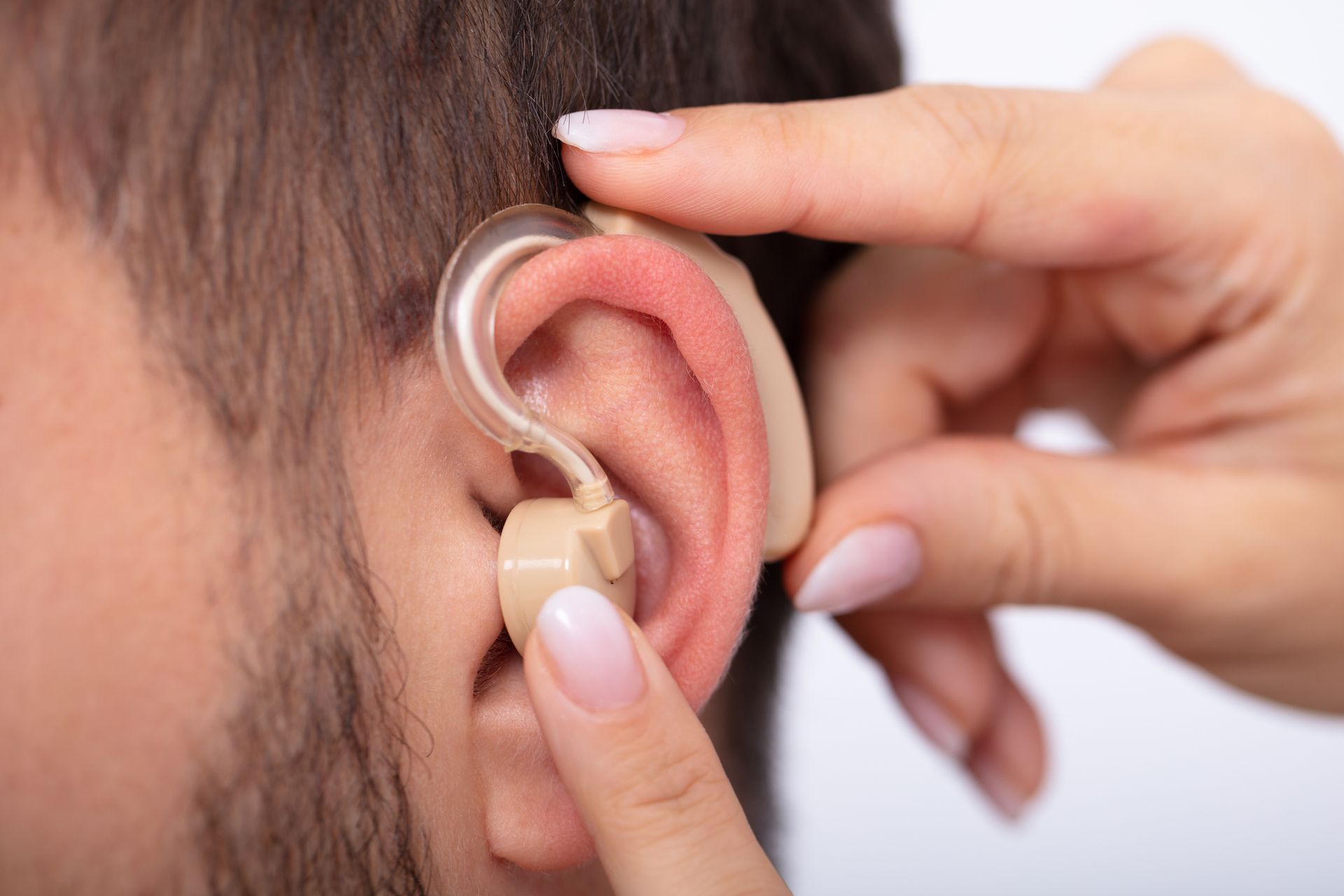3 Often-Overlooked Causes of Nasal Congestion
While nasal congestion, commonly referred to as a stuffy nose, is often caused by allergies or the common cold, other factors are often overlooked. If you have been experiencing that stuffy feeling in your nose and sinuses, you might want to consider a few unnoticed reasons behind your symptoms. Once you've ruled out the common cold, sinusitis and nasal allergies, look into the following aspects.
1. Overuse of Nasal Decongestant Sprays
Perhaps you've heard of the warnings about overusing the over-the-counter nasal decongestant sprays. If you have recovered from an upper respiratory infection yet you are still experiencing nasal congestion, it could be due to the use of nasal spray decongestant. While it may be fine to use the spray decongestants for a couple of days, you need to be mindful about how often and how much you use.
If you've been using a nasal decongestant spray for more than recommended time and dosage, you may develop what is known as the rebound effect. While the immediate effect and relief you experience may be welcoming and comforting, when overused, the nasal sprays may be making your symptoms worse over a period of time.
Doctors have a name for this condition, and it is referred to as rhinitis medicamentosa. In layman's terms, this simply means rebound congestion. If you believe overusage of topical nasal decongestant sprays are the reason for your congestion, you need to wean yourself from the habit. Your doctor may recommend you gradually do this for the safest and most effective option.
2. Alcohol Consumption
Whether you enjoy drinking alcoholic beverages occasionally or on a regular basis, you might find this is the reason for your nasal congestion. Nasal stuffiness occurs in some individuals after drinking because alcohol tends to expand and swell blood vessels. Because there are membranes lining the nasal cavities, when they swell after consuming alcohol, your nose may become blocked or stuffy.
In addition to the swollen membranes and blood vessels blocking your nose, you may become dehydrated by drinking. When you're dehydrated, mucus production tends to thicken. In turn, the thickened mucus tends to cause congestion, making it difficult to breathe through the nose.
If you are only experiencing nasal congestion after consuming alcohol, you might want to refrain or cut back. If you are still experiencing the symptoms of nasal congestion once you've stopped drinking alcohol, you should see your physician.
3. Lack of Humidity (In the Home and Outdoors)
Dry air is another condition you may have overlooked when trying to pinpoint the cause of your nasal congestion. When the air becomes dry outside or your home lacks sufficient humidity, your nasal membranes may become swollen. Fortunately, there is an easy fix for dry air in the home.
Check the humidity levels in your home with a hygrometer. This is a device that measure the relative humidity in the air. For optimal comfort, you should aim for 30-50 percent humidity in the home.
When choosing a hygrometer, you may opt for one with a digital readout or an analog model. You can also select a wireless tabletop model or wall-mounted option if you prefer. Some models also mount to the refrigerator using a magnet.
If you discover the air inside your home is too low, simply increase the moisture in your environment. You might choose an entire-home humidifier or a portable humidifier for the bedroom. Doing so might allow you to sleep better at night and not awaken congested. Remember to clean and disinfect your humidifier regularly to reduce the growth of bacteria and mold.
As a final consideration, if your nasal congestion symptoms do not improve over time or continue to bother you, make an appointment with an ear, nose and throat specialist.










